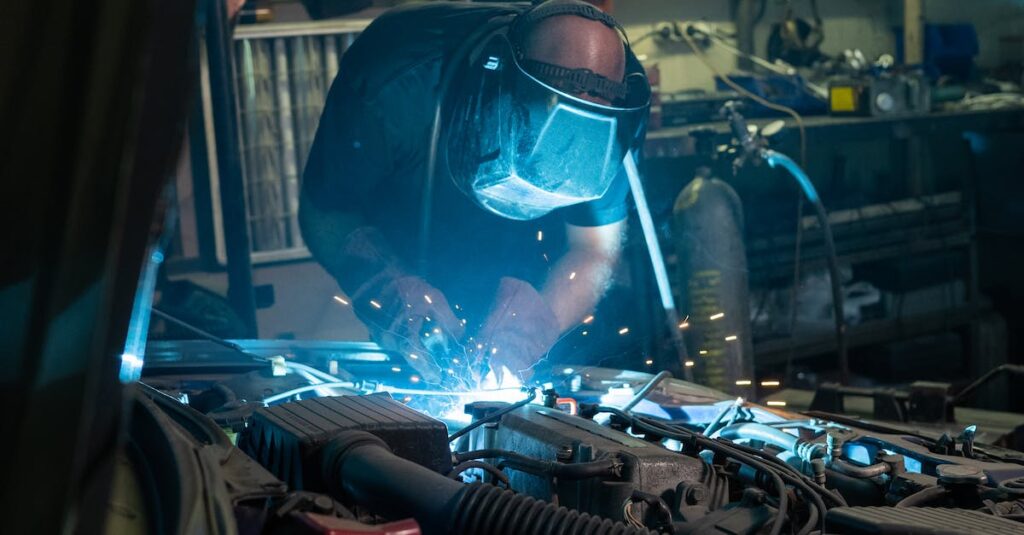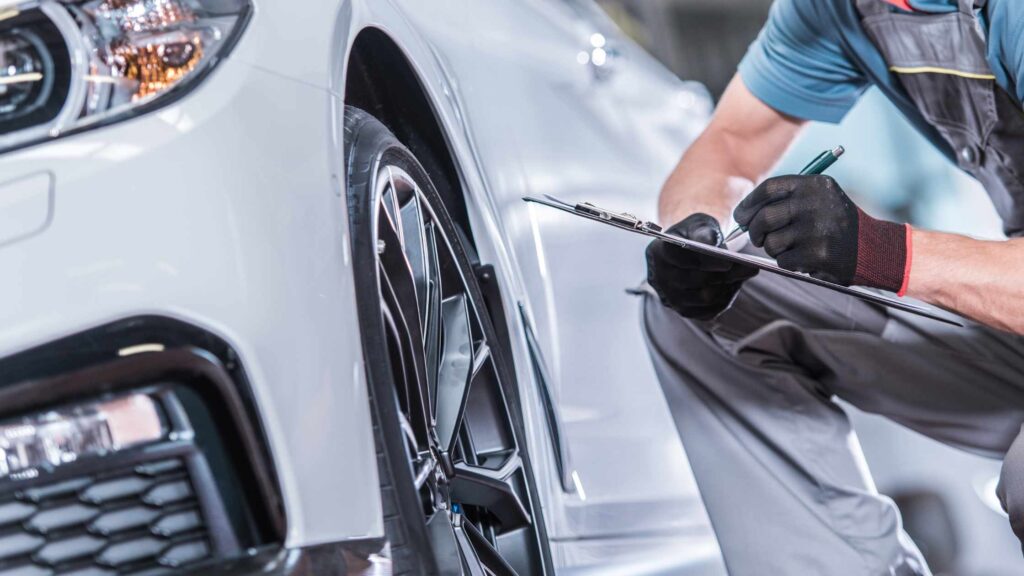Introduction
When it comes to taking care of your car, protecting it from the elements is crucial. Rain, sunlight, dust, and other environmental factors can cause damage to your vehicle’s exterior, ultimately leading to costly repairs. That’s where a car cover comes in. In this article, we will discuss the importance of choosing the right car cover and provide you with some valuable tips and features to consider.
Why Do You Need a Car Cover?
Protection Against Weather Elements
Your car is exposed to various weather elements on a daily basis. Rain, snow, and hail can not only leave unsightly marks on your vehicle’s paint job but also cause corrosion and rust. UV rays from the sun can fade your car’s exterior paint and damage the interior. A high-quality car cover acts as a protective shield, preventing these elements from causing harm to your beloved vehicle.
Protection Against Dust and Debris
Even if you keep your car parked in a garage, it is no guarantee that it won’t accumulate dust. Dust particles can scratch your car’s paint, leaving noticeable marks. Additionally, debris such as leaves, twigs, and bird droppings can also cause damage over time. A car cover acts as a barrier, preventing dust and debris from reaching your vehicle’s surface.
Theft and Vandalism Prevention
A car cover not only protects your car from the elements and dust but also acts as a deterrent to potential thieves and vandals. A covered car is less likely to attract attention and can discourage unauthorized individuals from attempting to break into your vehicle or damage it.
Tips for Choosing the Right Car Cover
Selecting the right car cover may seem overwhelming with the variety of options available in the market. To ensure you make an informed decision, consider the following factors:
Material
Car covers are commonly made of materials such as polyester, polypropylene, or a blend of both. Polyester is known for its durability and weather resistance, making it a popular choice. Polypropylene is lightweight, making it easier to handle and store. Consider your specific needs and the climate in your area when choosing the material.
Size and Fit
A well-fitted car cover provides maximum protection. Too loose, and it may not adequately shield your vehicle from dirt and moisture. Too tight, and it may cause scratches and damage to the paintwork. Ensure you select a cover that is designed to fit your car’s make and model.
Breathability
While it’s important to keep moisture out, it is equally essential to allow trapped moisture to escape. Look for a car cover that is breathable, allowing air to circulate and prevent the buildup of condensation, which can eventually cause mold and mildew.
Locking Mechanism
Consider a car cover that comes with a locking mechanism to deter theft. Some covers have built-in grommets or straps that allow you to secure them to your vehicle, providing an added layer of protection.
Sun Protection
If you live in a hot climate or your car is often exposed to direct sunlight, consider a car cover with UV protection. These covers have added layers or coatings designed to block harmful UV rays and prevent color fading and heat damage.
Water Resistance
If you live in an area with frequent rain or snowfall, ensure that the car cover you choose is water-resistant. Look for features such as a water-repellent coating or double-stitched seams to keep your vehicle dry and protected.
Summary
Choosing the right car cover is essential for protecting your vehicle from the elements. It safeguards against weather elements, dust, debris, and potential theft or vandalism. Consider factors such as material, size and fit, breathability, locking mechanism, sun protection, and water resistance when making your purchase. By investing in a high-quality car cover, you can prolong the lifespan of your vehicle and save on potential repairs.







